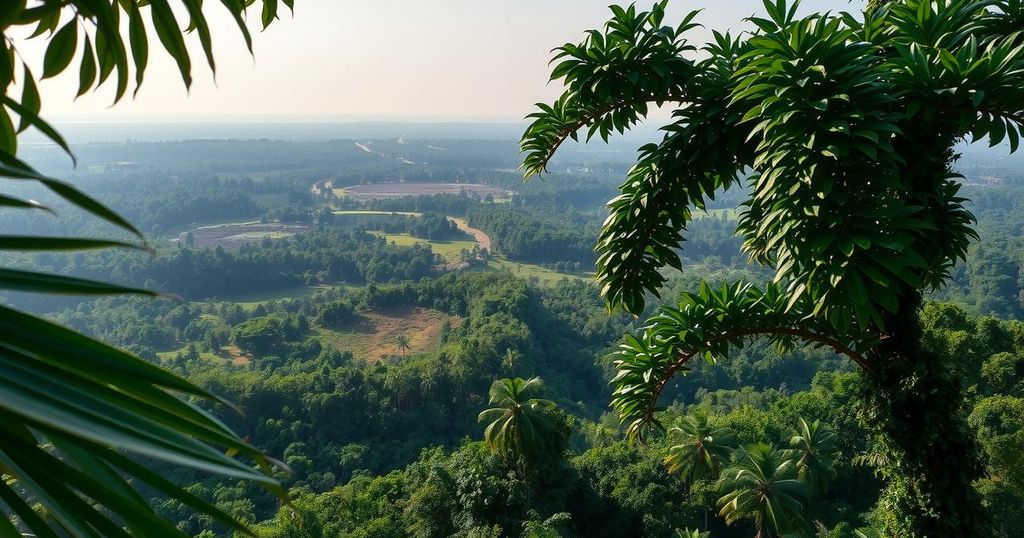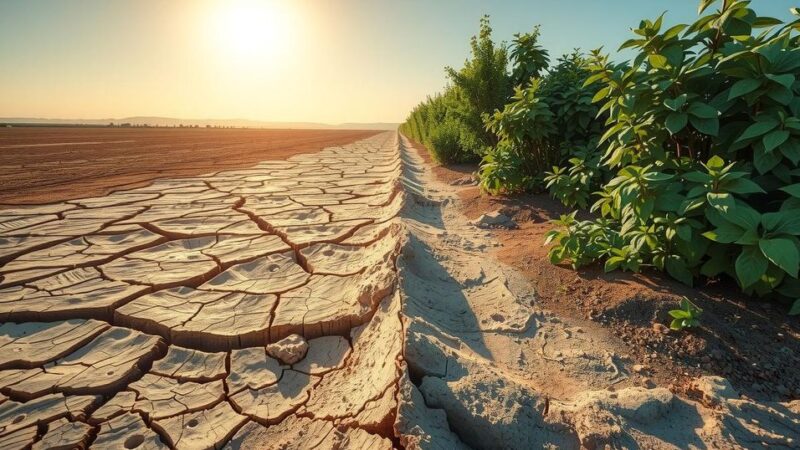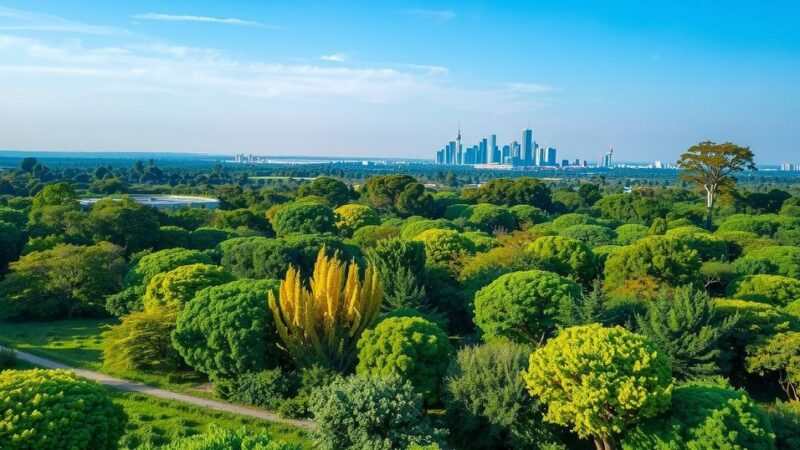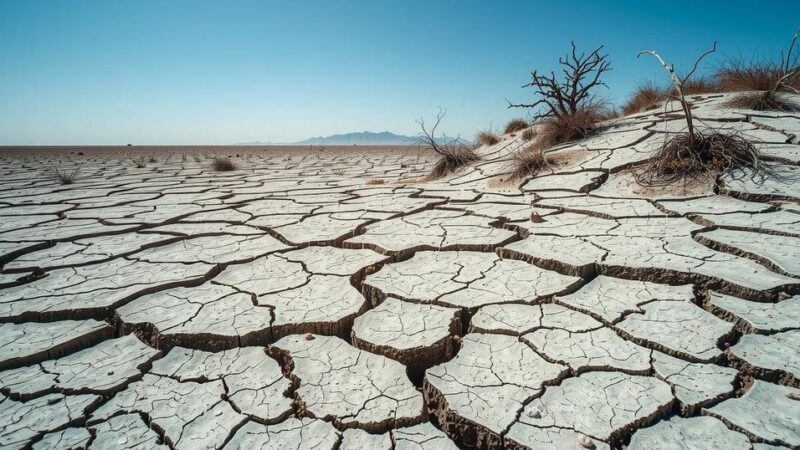The Brazilian Amazon rainforest, a critical ecosystem for global climate regulation, faces severe threats from deforestation, illegal logging, and climate change. Deforestation is driven by agricultural expansion, while illegal activities contribute to habitat destruction. Climate change worsens drought and wildfires, compromising the forest’s ability to sequester carbon. In 2024, over 44 million acres burned, highlighting the urgency of intervention.
The Amazon rainforest, spanning vast areas of Brazil, is an irreplaceable ecosystem that significantly influences the global climate by absorbing carbon dioxide and supporting diverse wildlife. However, this crucial environment faces multiple threats, including deforestation and the consequences of climate change, which jeopardize both its ecological health and the livelihoods of indigenous populations.
Deforestation is one of the most urgent issues threatening the Amazon. In recent years, extensive areas of forest have been cleared for cattle ranching, soy cultivation, and other agricultural practices, primarily driven by economic incentives and pro-development policies. Reports indicate a worrying rise in deforestation rates, underscoring the need for stricter enforcement of environmental regulations to safeguard this critical ecosystem.
Illegal logging and mining pose additional significant threats to the Amazon. These unlawful activities disrupt habitats and endanger numerous species. Investigative reports document the challenges of monitoring unregulated logging, particularly in remote regions, resulting in continued environmental degradation. Mining activities further exacerbate the situation by contaminating local waterways and soils, destabilizing delicate ecosystems.
The impact of climate change on the Amazon is profound, causing increased global temperatures and altered rainfall patterns that have led to severe droughts and an uptick in wildfires. Research has demonstrated that these climatic changes contribute to a vicious cycle, where forest fires promote further destruction of the Amazon’s capacity to sequester carbon, further undermining its ecological function.
Alarmingly, the Amazon’s role as a global carbon sink is at risk, illustrated by the environmental devastation witnessed in 2024 when 44.2 million acres of Brazil’s Amazon rainforest burned, exceeding the area of California. This trend highlights the broader implications of ongoing environmental challenges and necessitates urgent action.
In summary, Brazil’s Amazon rainforest is confronting mounting challenges that threaten its ecological integrity and contribution to global climate stability. Deforestation, illegal activities, and climate change exacerbate the situation, significantly diminishing the rainforest’s capacity as a carbon sink. Immediate and effective measures are essential to protect this vital ecosystem and the indigenous communities relying on it for their livelihoods.
Original Source: globalsouthworld.com






